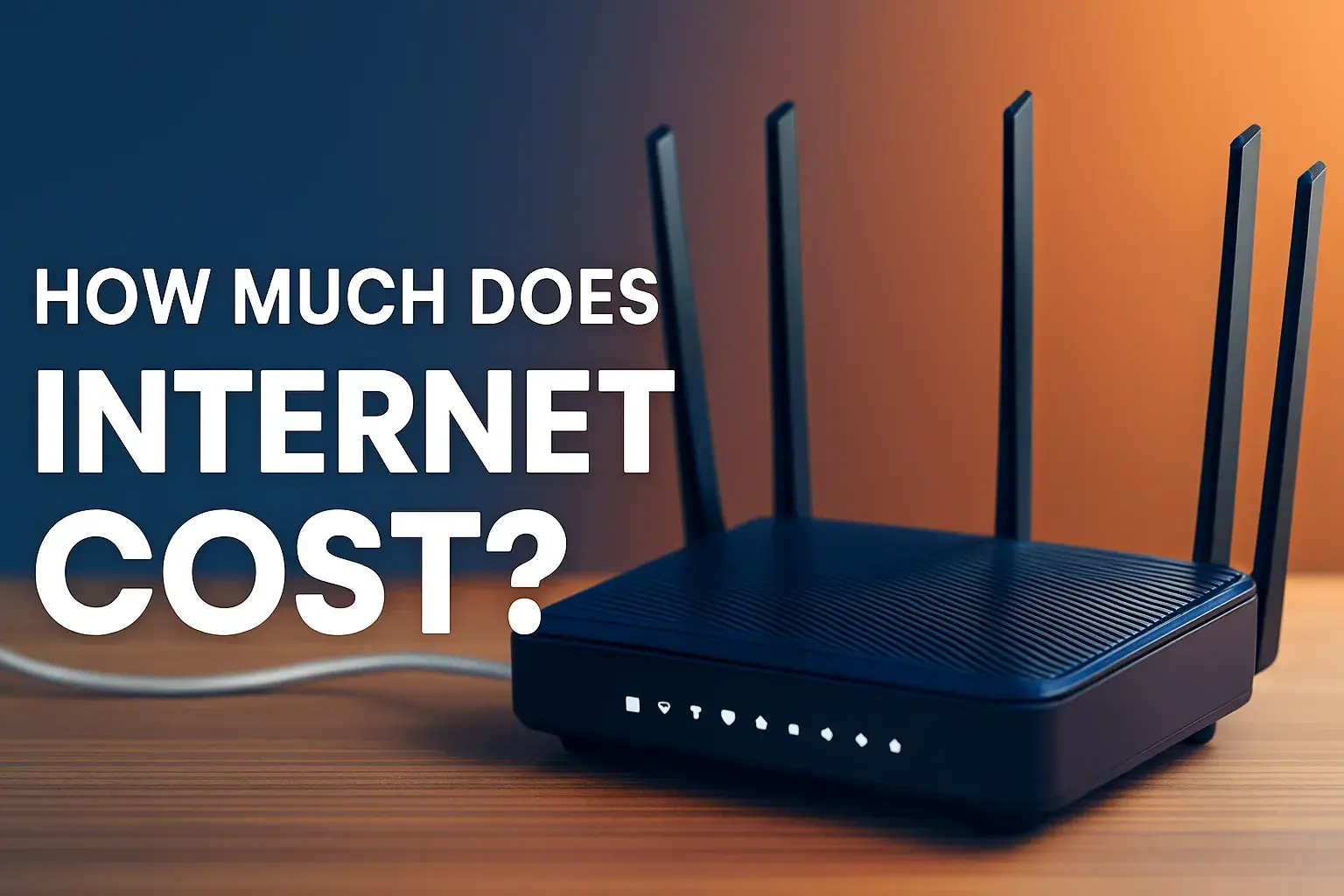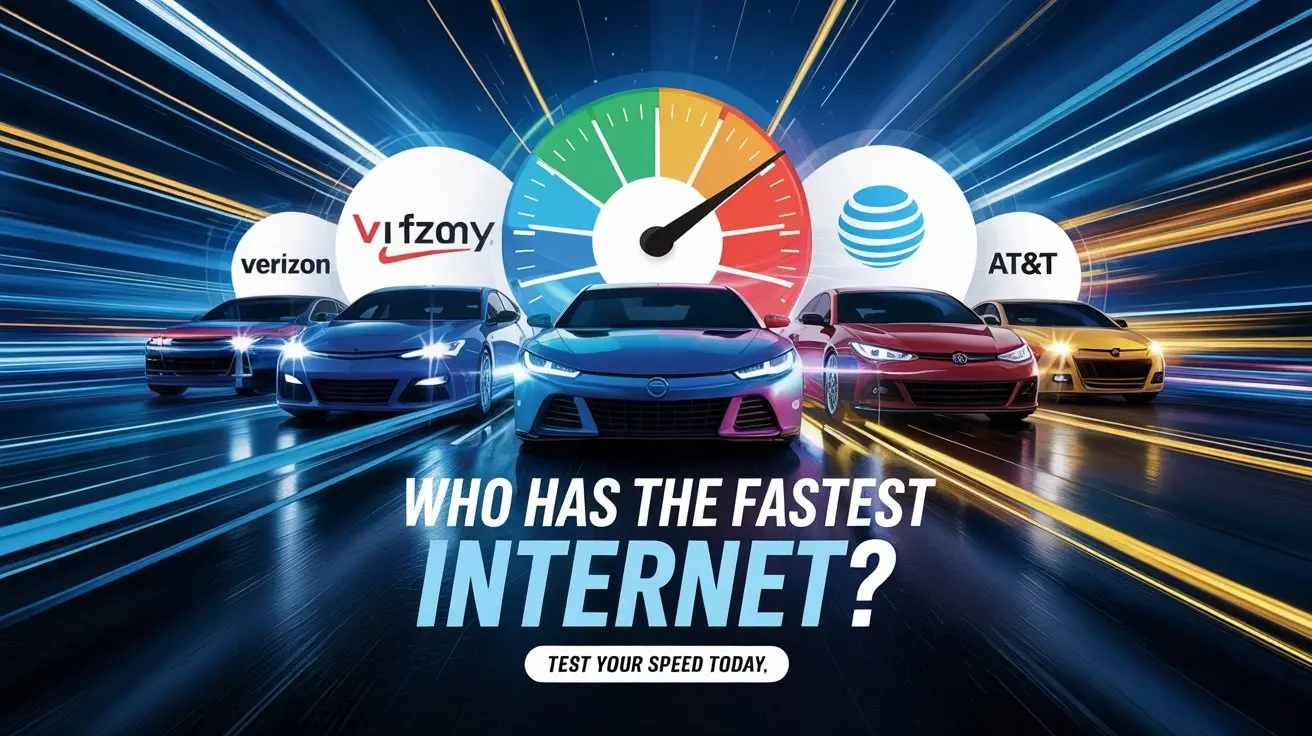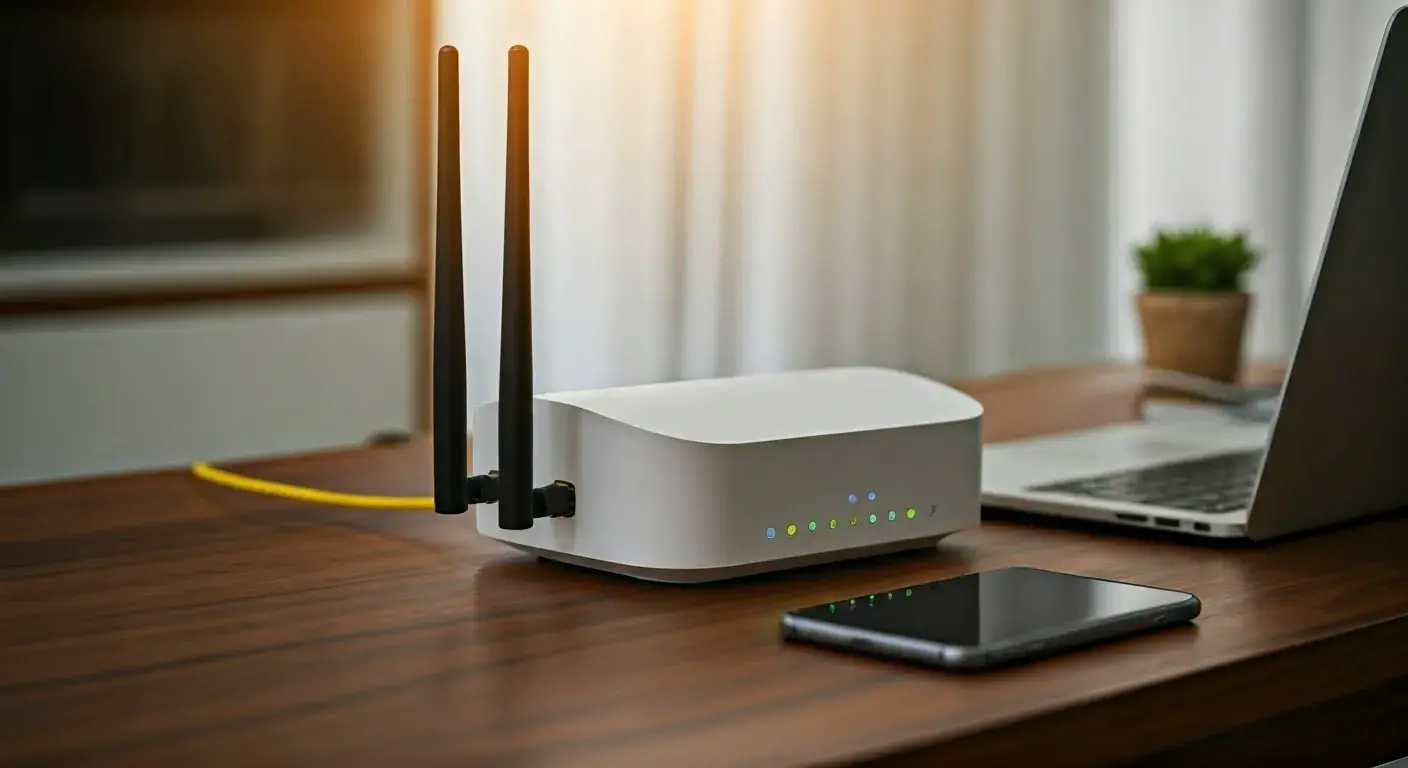Is Cox 500Mbps Better than 1 Gig?

As internet speed progresses and advances, you might be asking if you will ever need a gigabit internet plan, or if 500 Mbps would suffice. Currently, Cox Communications provides its clients with an internet connection that is 500 Mbps and 1 Gbps, ss which many people wonder whether it is necessary to dig deeper into their pockets to have an additional 500 Mbps. Here are the important aspects that must be looked at to know whether Cox’s Gigablast 1 gig plan is preferable for your household to the 500 Mbps plan.
Speed Requirements
The first consideration that one needs to make is the activities done online in a household and the Internet service providers required for continuous operations. If you’re routinely using the connection for simple tasks such as email, browsing, watching high-quality videos, and gaming,500 Mbps should be more than sufficient. However, if you have several family members who often work in high traffic with multiple devices at the same time, such as watching 4K movies, attending meetings through popular programs, or downloading/uploading large files, then the gigabit connection will provide enough space to avoid traffic.
Though most homes aren’t likely to require a full gigabit for years, if ever, this level of speed does offer more headroom as web, streaming, gaming, and VR services keep on improving and evolving to need more bandwidth. Thus, 500 Mbps meets most Internet needs today, but 1 gig provides more headroom before you need another increase.
Consistency of Speeds
Besides the fundamental throughputs, the availability and dependability of those connections also count. Cox claims that the Gigablast 1 Gig is capable of offering up to 940 Mbps while the 500 Mbps tier gives up to 500 Mbps; however, the ‘up-to’ means that the potential is there, and consumers do not get these speeds all the time due to traffic and other factors.
In the evening, especially when everybody is at home browsing or downloading, your speeds are likely to drop – this is not a major issue for a gigabit internet, but a more substantial problem for services using a 500Mbps link. Thus, the more you pay for your plan, the higher the likelihood of your speeds remaining constant irrespective of the current network conditions. So again, while the price is an issue, 1-gigabit internet subscribers will likely get a more consistent speed towards the higher maximum of 940Mbps than the 500Mbps speed plan users, who will likely have more variability in their speed, particularly during the busiest times on the network.
WiFi Connectivity Considerations
Another factor that is related to real-world speed is concerned with the home WPA2 WiFi network as opposed to the internet connection per se. This means that if your router is old or the standard of your WiFi is not high enough 802.11ac or WiFi 6, then even your home network can slow down to significantly less than 500Mbps or 1 gigabit per second internet speed.
So, before opting for a rather expensive internet plan that offers incredibly fast connection speeds, make sure that your WiFi router or mesh system supports features that include but are not limited to MU-MIMO, beamforming, automatic band steering, and that the system will be able to provide adequate coverage for your entire house. When household devices use wifi rather than through cable, then quality wifi that corresponds to the internet speeds is a game changer in terms of connectivity and speed.
Data Caps
There is another aspect that may be useful to make a comparison between the internet plans – data usage policies. The 1 Gig plan offered by Cox does not have any overage charges, meaning that no matter the amount of content that users download, they can always do so without having to worry about further expenses. Their 500 Mbps service also currently offers unlimited data, though it previously contained a 1TB cap for the month before additional charges would apply.
If it does come to that, then a 1-gigabit plan brings more future-proofing since faster connections work towards increasing usage in general. More frequent internet users might pay more attention to the unlimited data feature as a service that brings reassurance.
Pricing Comparison
However, a factor that normally comes into play when deciding between the speed tiers is the monthly charges billed. Altogether, straightforward gigabit plans cost more than lower-speed plans as you might presume. In my locality, Cox offers their 1 Gig service at $99.99 per month, but it comes with a one-year agreement; the 500Mbps service is slightly over half this cost at $59.99 per month.
So, if you need fast internet but are not in a hurry to spend $1000 or more a year for it, then 500 Mbps should be quite adequate for most families and save you up to $ 470. However, while the 500Mbps plan is provided at $70 a month, the increase in Value to $110 provides gigabit speeds without any caps for those who require more bandwidth and speed.
Finally, consider your household’s usage – if you constantly use a high bandwidth, upload vast files, or require low-latency gaming ping, then it might be reasonable to pay for a 1-gigabit connection at the moment or at least secure it for a rainy day as the demand increases. However, if the budgets are low and are using a relatively simple Internet connection on a few devices, Cox’s $60 for 500 Mbps should still be able to fulfill most typical requirements. Use the strategies above to determine your specific circumstances when deciding whether to spend more on the highest speed available at your home.
Ready to upgrade your internet experience? Call us now at +1 844-349-7575 to explore the best Cox Internet plans for your needs!





